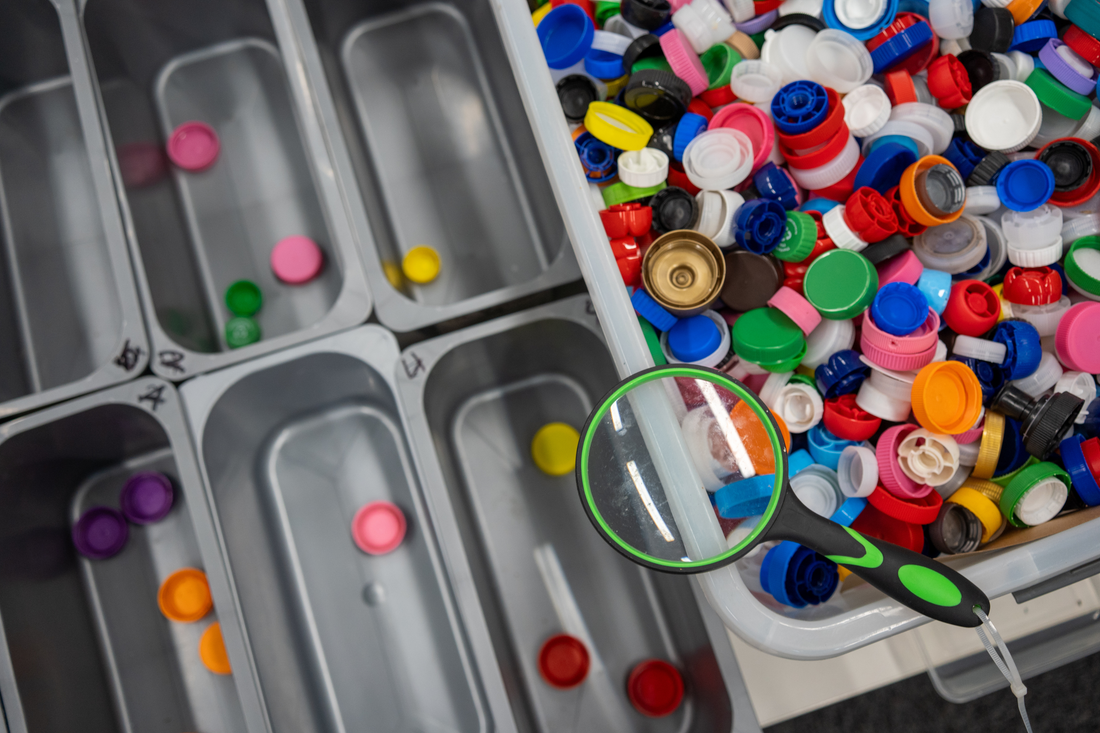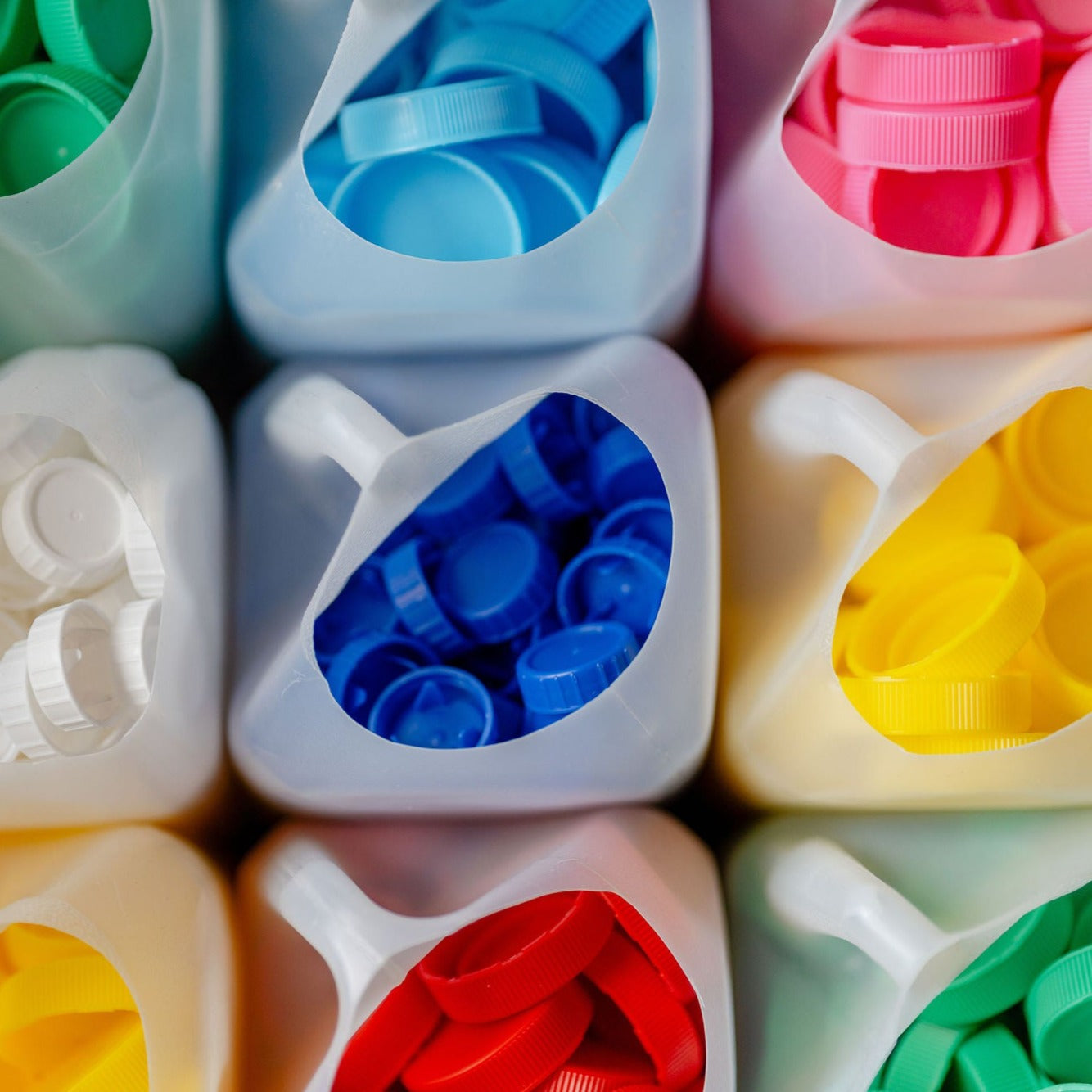
5 Things I Wish Everyone Knew About Recycling
Think you’ve got your recycling sorted? You’re not alone—but even the most well-intentioned recyclers often get tripped up by the finer details. To help you reduce contamination and boost your recycling confidence, here are five things I wish everyone knew about recycling in Australia.
1. Coffee Cups Can’t Be Recycled in Your Kerbside Bin
That takeaway coffee cup might look like cardboard, but most disposable cups are lined with a thin layer of plastic to prevent leaks. This makes them non-recyclable in your regular kerbside bin. The lid (if clean and labelled recyclable) may be okay—but the cup itself needs to go in the general waste or be taken to a specialised collection point like a Simply Cups drop off or send them to BRAD.
2. Don’t Bag Your Recycling—Ever
This one’s a biggie. Putting your recyclables in plastic bags is one of the most common recycling mistakes in Australia. Why? Because the entire bag will be considered contaminated and sent to landfill. Even if it’s full of perfectly recyclable materials, it won’t be opened.
Toss items in loose, and skip the plastic bag.
3. If It’s Smaller Than a Credit Card, It Can’t Be Recycled Kerbside
A good rule of thumb? If an item is smaller than a credit card, it’s too small for most sorting machines. Think bottle caps, bread tags, or mascara wands—they fall through the cracks, literally.
Pro tip: Collect small items and drop them off at specialty recycling programs like BRAD or your local council’s drop-off points.
4. It Doesn’t Need to Be Spotless—But Give It a Rinse
You don’t need to scrub your containers to perfection, but a quick rinse goes a long way. Food scraps left in jars, tins or takeaway containers can contaminate an entire batch of recycling.
Think “clean enough”—a rough rinse is enough to stop smells, pests and contamination.
5. Never Put Batteries in the Bin—They Can Catch Fire
Batteries must not go in your rubbish or recycling bin. They pose a serious fire risk in collection trucks and recycling facilities. Instead, take them to a designated battery drop-off point. The easiest way? Head to bcycle.com.au to find your nearest collection site.
This includes AA, AAA, laptop, phone and power tool batteries.
About the author
Lottie Dalziel is the founder and editor in chief of Banish. She has a passion for the environment and wants to help educate and inspire individuals to make small changes towards a more sustainable future. Stay up to date with her latest challenges on Instagram @banish.au.

